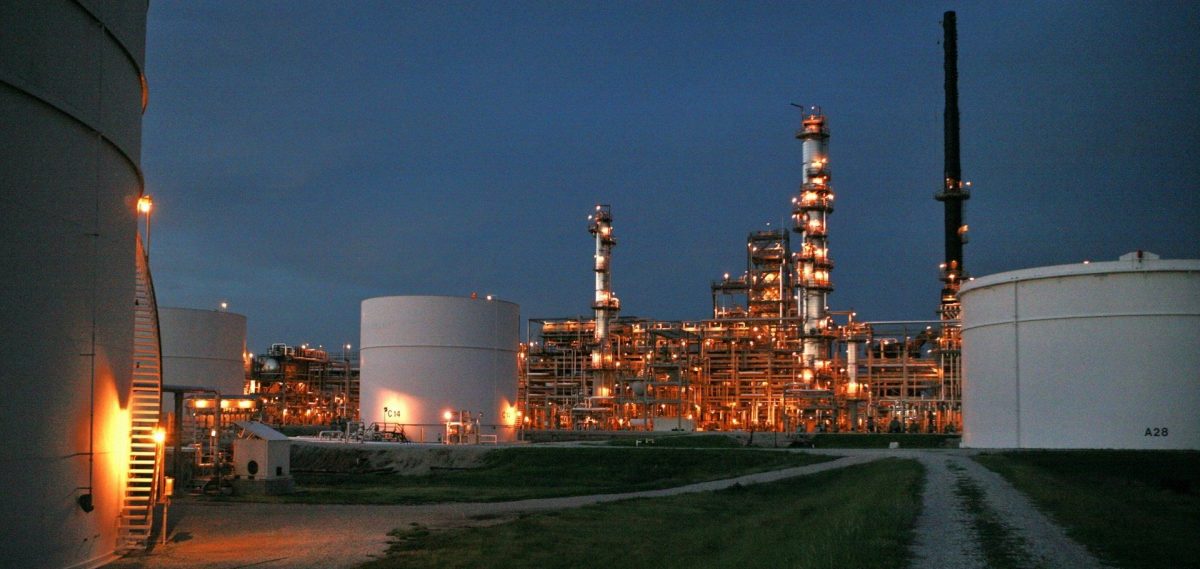The Nigerian Association Petroleum Explorationists (NAPE), has urged the Federal Government to address concerns bordering on the long contracting cycle in the petroleum industry, adding that such practice continues to hamper investments and development.
According to the body, the long contracting cycle results in a high level of uncertainties in costing and planning thereby creating a sluggish business climate.
NAPE President, Ajibola Oyebamiji, noted that although there has been an improvement in the cycle, the reality is that operators still find the contracting cycle exceeding what ought to be for investors, especially for the International Oil Companies (IOCs), who need quick decisions.
“They need a shorter contracting cycle, shorter time to achieve this. In some other countries, even a nine-month cycle is too much not to talk of between nine months to 36 months. Although there is little improvement in some areas, it is not all-encompassing; it doesn’t cover the entire life cycle of oil and gas projects,” he said.
Oyebamiji noted that Nigeria was at the risk of long-term disruption to oil and gas supplies, power generation, a collapse of industries, and significant loss of revenue due to continued reduction in hydrocarbon exploration activities.
He said the reduction in hydrocarbon exploration and exploitation has dire consequences for a country like Nigeria, with a mono-economy hinged on crude oil.
“The procurement and contracting cycles in the Nigerian Oil and Gas industry is about 36 months, making it the longest and most inefficient in the World.
“Insecurity, oil theft, and illegal refining are bigger threats to the oil and gas industry in Nigeria than the declining price of oil. The current low oil price is rather a reflection of an over-supply of oil in the world market.
“In Nigeria, the low oil price regime has led to dwindling reserves, more burdens on foreign reserves, pressure on infrastructure and social services, inability to meet commitments to institutional lenders and the list of untoward outcomes is long,” he said.
Oyebamiji, also said the discovery of hydrocarbon deposits in the Kolmani River II Well on the Upper Benue trough, Gongola Basin, in the North-Eastern part of the country was good for the industry.
While speaking on issues to be addressed at NAPE’s forthcoming yearly international conference and exhibition, themed: “Expanding Nigeria’s Petroleum Landscape: Digitalisation, Innovation and Emerging New Technologies,” he said the discovery was a long-awaited core significant development.
“The discovery of oil and gas in commercial quantity in the Gongola Basin will attract foreign investment, generate employment for people to earn income, and increase government revenues.
He said participants at the conference would be deliberating on the petroleum business and the regulatory environment with a view to addressing the challenges of exploration.
He said it would also address production in the onshore, offshore and Nigeria’s frontier basins, as well as seek new approaches for exploration and production in the Cretaceous and Cenozoic basins.
“The conference will also be beaming its searchlight on new technology application in exploration and production using big data, digitalisation, data analytics, and artificial intelligence opportunities, among others.
“Participants at the conference will also be discussing the contributions of indigenous/marginal field operators and the imperatives of growing national reserves and grooming the next generation of E&P professionals.”
Source: Guardian
